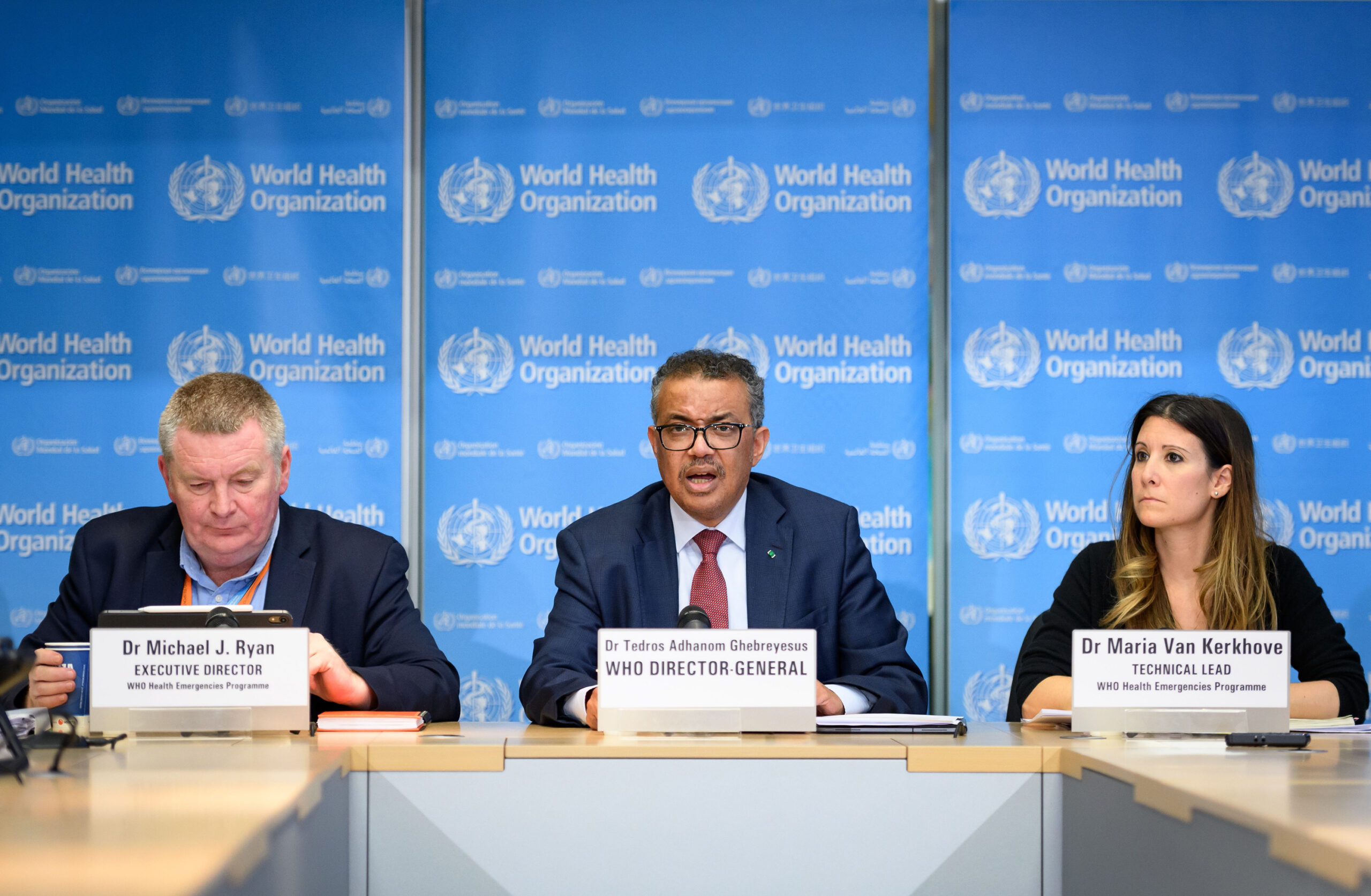The World Health Organisation on Thursday described inequality as a major hindrance to ending HIV/AIDS, tuberculosis, and malaria.
This was contained in a joint report by the WHO and Global Fund, which revealed that the extent of underlying health inequalities had remained poorly documented and understood.
The report stated that if inequalities were not identified, it could be hard to meet people’s health needs.
As a result, the report accessed the global state of inequality in relationship with the fight against HIV, tuberculosis and malaria.
Using the latest available global data for 32 health indicators up to 186 countries, the report revealed that while national averages of HIV, TB and malaria indicators have generally improved in the past decade, the poorest, least educated and rural subgroups tend to remain at a disadvantage across most HIV, TB and malaria indicators.
WHO Director-General, Dr Tedros Ghebreyesus, said, “Although great strides have been made to expand health services and prevention efforts, we must focus more on reaching the poor, rural and least educated populations who bear the brunt of these diseases.”
The report then called for the compilation of more data on inequalities to foster progress towards the end of the diseases.
It also called for “regular and dedicated monitoring of inequalities in the fight against HIV, TB and malaria, which should be complemented by other quantitative and qualitative studies.”

Leave a Reply